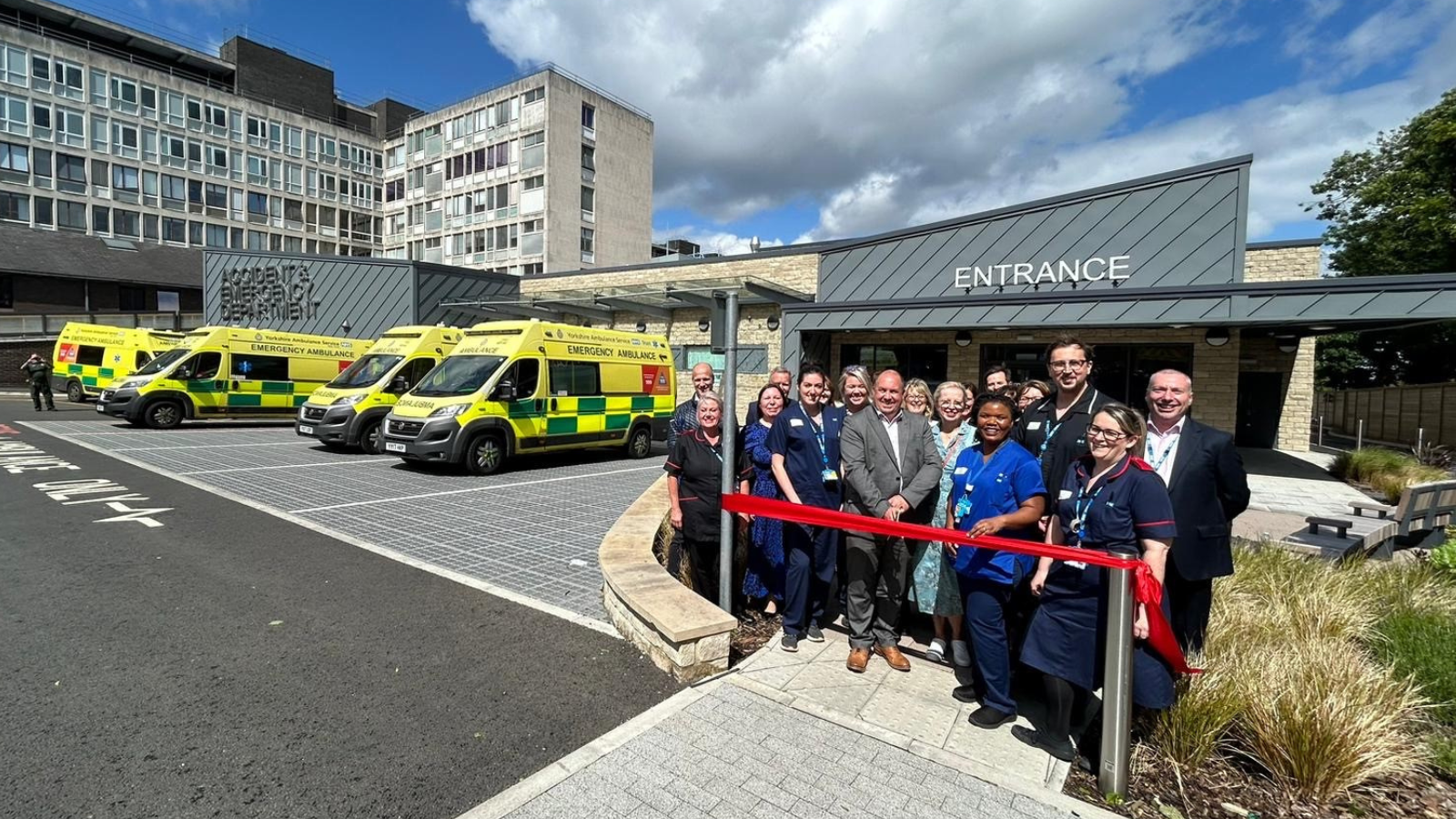Too often, digital tools are introduced without a full appreciation of the context in which they’ll be used. As a result, they may be underused, used in unintended ways, or create new challenges. At the Centre for Digital Innovations in Health and Social Care at the University of Bradford, we’ve seen this in our research. In one study, we observed nurses completing falls risk assessments in a way that met documentation requirements but didn’t support meaningful clinical reflection on patients’ changing needs. This wasn’t a reflection on the nurses, but rather on the burden that electronic systems can place on staff, especially when information is spread across multiple screens and completing a simple form takes far too many mouse clicks.
Digital transformation also brings a risk of exacerbating health inequalities. Without inclusive design practices, new technologies can inadvertently exclude the very communities they aim to serve. That’s why co-design is at the heart of our work, working with both healthcare professionals and patients, especially those whose voices are often underrepresented, to ensure solutions are relevant, usable and equitable.
At the Centre, we take a challenge-led approach. Rather than starting with a particular technology, we begin by understanding the challenges clinicians and patients face. Our aim is to develop tools that fit into everyday practice and make work easier, not harder.
We’re currently expanding, following a £4.86 million award from Research England’s Expanding Excellence in England (E3) scheme. This funding recognises the strength of our research and is helping us grow our team and extend our expertise. Alongside our existing strengths in digital health co-design, evaluation, human-computer interaction, and artificial intelligence, we’ve welcomed new colleagues with backgrounds in nursing informatics, software engineering, information science and health economics.
Our current focus
The expanded Centre is working towards four core objectives:
- To research novel technologies that provide disruptive solutions to health and care challenges, tangibly improving patient outcomes and wellbeing in West Yorkshire.
- To establish a diverse pipeline of health informatics talent that contributes to the design, evaluation and effective deployment of digital innovations in health and social care settings within West Yorkshire.
- To upskill the health and social care workforce in digital innovations, resulting in a demonstrable increase in effective and efficient use of technology.
- To foster a dynamic ecosystem of innovation in digital health solutions, services and products, driving economic growth in West Yorkshire.
While our research has international reach, we are rooted in West Yorkshire and driven by a commitment to making a positive difference locally. If you’re grappling with a challenge where digital might help, or if you’ve identified a need for digital training in your organisation, we’d welcome a conversation. Together, we can explore how we can support you.
Thank you for reading
https://www.bradford.ac.uk/health/research/digital-innovations/



 Huddersfield Royal Infirmary marks one year since opening the new A&E
Huddersfield Royal Infirmary marks one year since opening the new A&E National Staff Networks Day
National Staff Networks Day Focus on healthy hearts
Focus on healthy hearts